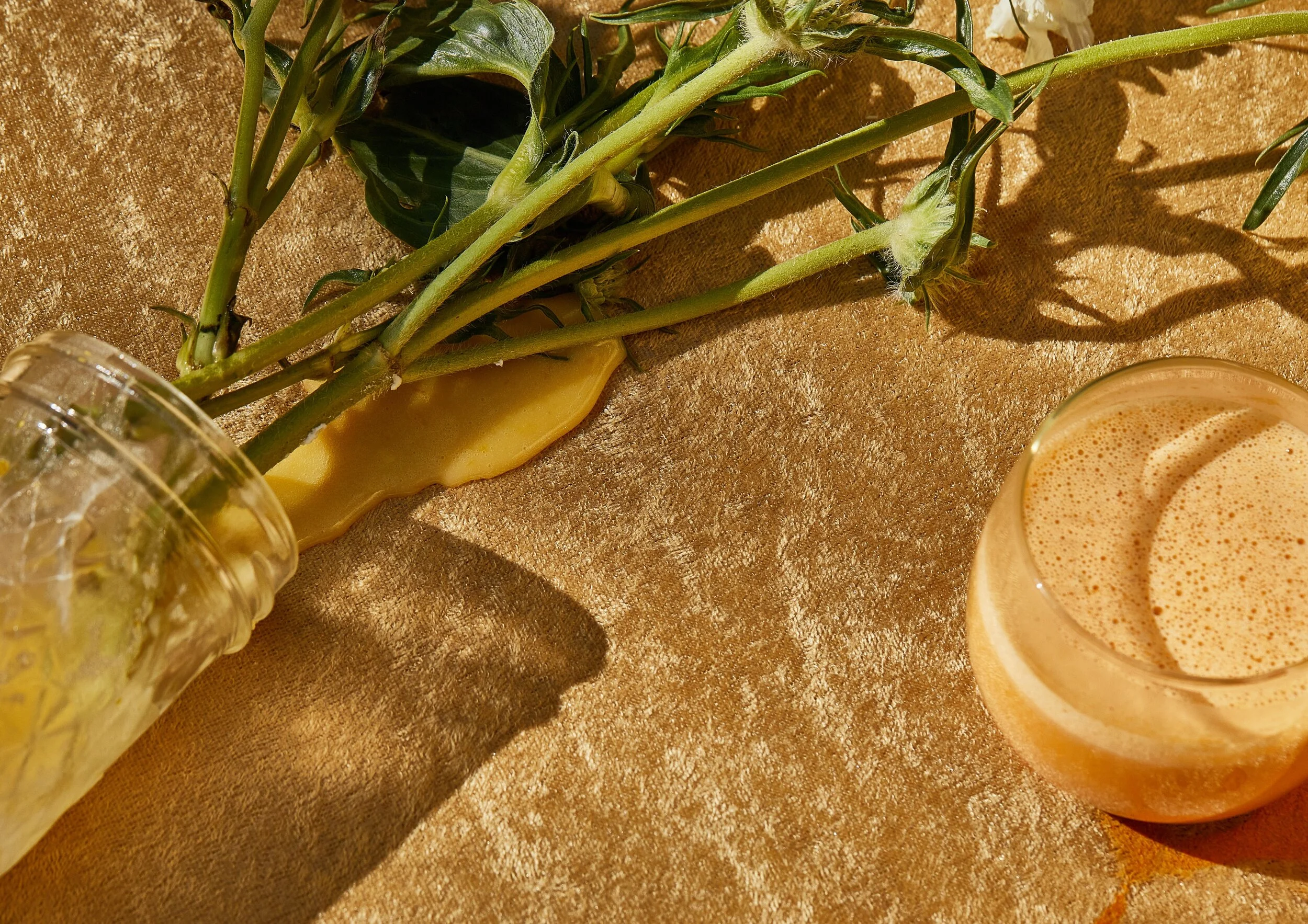Scratching the Surface on Social Media and Body Image
Gear up for a social media rant, my friends! In light of recent news about Facebook’s awareness of the toxic effect of social comparison, specifically how the platform promotes harmful content to its most vulnerable users, I wanted to share some thoughts about social media and social comparison. I’m fully aware that what I’m about to say is not groundbreaking, so please bear with me here.
I was recently scrolling through my Instagram Discover page, something I typically avoid, as the endless scrolling generally results in a rabbit hole/time suck I don’t need. Curiously though, I hovered over a popular “what I eat in a day post.” This particular video started with an influencer in a crop top, filming herself from all angles, with an emphasis on her stomach area. Side note: it feels like these videos are *usually* from thin, white, able-bodied women that *typically* personify a western beauty ideal. The explicit message of the video is: eat like this, and you’ll look like me. Her body is the main event. The food is merely an afterthought; a means to look a particular way. I don’t know this person and would never comment on what someone eats or why they eat the way they do. However, I will comment on the problem with this video, and scream that THE PROBLEM IS THE INTENTION. Eat like me to look like this. Eat like me to maintain this thin body.
This type of video doesn’t explain the thoughts, feelings, or needs someone may have when deciding what or how much to eat. It doesn't explain what feels nourishing to this person, or what satisfies them on an emotional and physical level. It doesn’t explain this person’s access to food and resources. And yet...I still watched until the end.
These types of posts are nothing new. Remember those columns in Us Weekly or People magazine that detailed an actress’ daily meals? I’ll never forget one written about Julia Roberts that listed her daily snack: almonds. A WHOPPING 10 ALMONDS! These posts and videos are designed to elicit some form of comparison: how does my eating stack up against theirs? If I eat that way, will I look like them?
Social media is merely a curated highlight reel into someone’s life (I told you I wasn’t reinventing the wheel right?). We will never truly get behind the curtain. If you come across content like this (or any content for that matter, mine included), and you start to feel that slight twinge of comparison-itis, or even the slightest feeling of discomfort, get curious about what that content is reinforcing. Ask yourself these questions:
What’s the message behind the content?
What are they promoting?
Do you feel like you need to change how you’re eating based on something you see?
Does the content promote eating for enjoyment or satisfaction? Or is food merely the vehicle to look a particular way?
You are the expert on your body and what feels good for you. There is no “right” way to eat. Just because someone is promoting their style of eating (ahem, their body), doesn’t mean it should be yours.
Another thought bubble to ponder: how can we cultivate a gentler view of ourselves and our bodies that isn’t dictated by what society tells us we “should” look like (mind you, “should” is deeply rooted in anti-fat bias). We have been bombarded by thousands of daily images that promote a thin standard of beauty that is doctored, filtered, and highly edited. It’s simply not real life. Yet this “ideal” is so deeply entrenched in our culture that it feels like WE stand out as the exception, that we don’t measure up. What’s the message here? That we need to eat this superfood, use that moisturizer, purchase that new dress and new shoes, get the latest treatment. You name it. It’s a never ending cycle.
The concept of body neutrality has been gaining traction (a welcome pivot from “body positivity” in my view) and yet there is still so much progress to be made, especially concerning body-based oppression. A therapist colleague of mine recently recommended the book Appetites, by Caroline Knapp. To quote the author:
“What might we be doing, thinking, feeling about if we didn’t think about body image, ever?”
Isn’t that a radical thought? Think of all the non-body related thoughts we could be having! Would the way you eat or move your body be different if we removed the concept of eating or moving as a means to change our bodies? Another poignant question:
“What are the true passions, the real hungers behind the ostensible goals of beauty or slenderness?”
Social comparison, unfortunately, isn’t going away. Perhaps the way we engage with social media, however, can better support us mentally. This conversation will continue to evolve, no doubt. In the meantime, unfollow, unsubscribe, mute, ask questions, get curious, or simply take in social media if that feels supportive and affirming.
You deserve a life unencumbered by shoulds.

